What treatment
10+ Highly Rated Embryonic Stem Cell Therapy Clinics in United States
Reach Out to These Certified Embryonic Stem Cell Therapy Clinics List in United States Loved by Patients!
Regenestem Fort Lauderdale, USA
Overview
Regenestem is a leading regenerative medicine center in Fort Lauderdale, USA, specializing in treatments for neurological conditions, COPD, MS, and more.
Read more details
California Wellness Institute
Overview
Discover Urology and Anti Aging Regenerative Medicine at California Wellness Institute in Rancho Mirage, California, USA - CWIs expert care.
Read more details
Personalized Regenerative Medicine
Overview
Personalized Regenerative Medicine provides best Regenerative Medicine in Los Angeles, USA. Book online now PRP Treatment and Regenerative Injections at Personalized Regenerative Medicine.
Read more detailsBlatman Health and Wellness Center
Overview
Experience advanced Regenerative Medicine at Blatman Health and Wellness Center in Cincinnati, USA. Rejuvenate your health today!
Read more detailsDiscover your treatment options with a free, no-obligation quote!
Get your quote now!PlacidWay Medical Tourism
Overview
Discover affordable, quality healthcare worldwide with PlacidWay Medical Tourism. Access trusted clinics, top doctors, and personalized treatment plans.
Read more detailsThe Institute of Regenerative Medicine
Overview
The Institute of Regenerative Medicine provides best Regenerative Medicine in Boca Raton, Florida. Book online now Regenerative Medicine for Knee Joint, Shoulder, Hip at PlacidWay!
Read more detailsAmira Integrative Health by MJA Healthcare
Overview
Amira Integrative Health by MJA Healthcare in East Stroudsburg, PA, United States offers top regenerative therapies and holistic care for transformative health.
Read more detailsNew York Regenerative Medicine Center
Overview
New York Regenerative Medicine Center, located in New York City, USA, offers Stem Cell Therapy for a variety of procedures, from knee and hip problems to Muscular Dystrophy, Parkinson's and Lupus.
Read more detailsDiscover your treatment options with a free, no-obligation quote!
Get your quote now!Thrive MD
Overview
Thrive MD provides best Regenerative Medicine in Miami, Florida. Book online now Regenerative Medicine for Hip, Regenerative Medicine for Knee, and Regenerative Medicine for Shoulder at Thrive MD.
Read more detailsPlacidWay Hospital: Advanced Medical Care in United States
Discover PlacidWay Hospital in the United States, offering advanced medical care, international patient services, and trusted healthcare solutions.
Regenestem Plantation Florida
Regenestem Plantation Florida is a leading stem cell treatment center in the United States. They aim to deliver comprehensive solutions for several ailments such as Arthritis, Autism, COPD, Diabetes, Multiple Sclerosis, Erectile Dysfunction and Orthopedic conditions among others.
Stem Cell Therapy of Las Vegas and Med Spa
Stem Cell Therapy of Las Vegas and Med Spa is a stem cell treatment medical center located in Las Vegas, Nevada, United States. They provide the latest technological solutions when it comes to stem cell treatments and extend their helping hand to all those in need. Find out more about them here.
Stemedix, Inc
Stemedix, Inc provides effective Regenerative Medicine, known as Stem Cell Therapy in Saint Petersburg, Florida. Book online now Stem Cell Treatment for ALS, Stem Cell Treatment for Alzheimer's Disease, and Stem Cell Treatment for Multiple Sclerosis at Stemedix, Inc.
Which are the best stem cell therapy clinics in the United States for various conditions?
When seeking top stem cell therapy clinics in the United States, consider those with high patient recommendation rates and specialized programs. Notable clinics include Thrive MD in Miami, Personalized Regenerative Medicine in Los Angeles, and The Institute of Regenerative Medicine in Boca Raton, all boasting 100% patient satisfaction based on reviews. Amira Integrative Health in East Stroudsburg also holds a 100% patient recommendation, making these highly regarded options for advanced regenerative treatments across various conditions.
Choosing the "best" clinic often comes down to a combination of patient satisfaction, specialty focus, and clinic reputation. For instance:
- For Orthopedic Conditions (Knee, Hip, Shoulder): Thrive MD in Miami, and The Institute of Regenerative Medicine in Boca Raton are highly recommended, specializing in regenerative medicine for joint issues.
- For General Regenerative and PRP Treatments: Personalized Regenerative Medicine in Los Angeles and San Clemente offers various regenerative injections and PRP therapy.
- For Neurological and Autoimmune Conditions: Amira Integrative Health by MJA Healthcare in East Stroudsburg offers specialized stem cell treatments for conditions like Autism, Multiple Sclerosis, Cerebral Palsy, ALS, Stroke, and Parkinson's Disease. Blatman Health and Wellness Center in Cincinnati also focuses on advanced regenerative medicine and stem cell therapy for conditions including Parkinson's Disease and knee arthritis.
- Comprehensive Regenerative Medicine: California Wellness Institute in multiple California locations and Regenestem in Fort Lauderdale provide broader regenerative medicine services covering anti-aging, urology, and various chronic conditions.
What types of conditions can be treated at leading stem cell therapy clinics in the US?
Leading stem cell therapy clinics in the US offer treatments for a wide range of conditions, primarily focusing on chronic degenerative diseases, orthopedic injuries, and certain neurological or autoimmune disorders. These include joint pain, arthritis, COPD, multiple sclerosis, Parkinson's disease, and even anti-aging applications, reflecting the diverse potential of regenerative medicine for enhancing natural healing and improving quality of life.
US-based stem cell clinics specialize in applying regenerative medicine principles to help manage and improve various health concerns. Patients frequently seek these therapies for:
- Orthopedic Issues: This is a major area, covering knee arthritis, hip pain, shoulder injuries, and other joint repair needs. Clinics like Thrive MD and The Institute of Regenerative Medicine are prominent in this field.
- Neurological Disorders: Several clinics, including Amira Integrative Health by MJA Healthcare and New York Regenerative Medicine Center, provide stem cell treatments for conditions like Parkinson's disease, multiple sclerosis (MS), cerebral palsy, ALS, stroke recovery, and muscular dystrophy.
- Autoimmune Diseases: Treatments for autoimmune conditions are also offered, aiming to modulate the immune system and reduce inflammation, a specialty highlighted by clinics like Regenestem.
- Respiratory Conditions: COPD (Chronic Obstructive Pulmonary Disease) is another focus area, with clinics exploring stem cell therapy to potentially improve lung function.
- Anti-Aging and Wellness: Some clinics integrate regenerative approaches into anti-aging protocols, promoting overall wellness and cellular rejuvenation.
How do I verify the credibility of a stem cell therapy clinic in the United States?
To verify a stem cell clinic's credibility in the United States, look for proper medical licensing, physician board certifications, and adherence to FDA guidelines regarding stem cell products and procedures. Reputable clinics will be transparent about the types of stem cells used (e.g., autologous, umbilical cord) and the scientific evidence supporting their treatments, often participating in clinical trials or rigorous research. Patient testimonials and professional affiliations can also offer insight.
Ensuring a stem cell therapy clinic is legitimate and trustworthy is paramount for your safety and treatment effectiveness. Here are some key steps to take:
- Check Licensing and Certifications: Confirm that the clinic operates under appropriate medical licenses within its state. The performing physicians should be board-certified in relevant specialties (e.g., orthopedics, neurology, regenerative medicine).
- FDA Compliance: Research whether the treatments offered comply with FDA regulations. While some stem cell applications are FDA-approved, many are still considered experimental or are regulated as drug products requiring specific approval. Be wary of clinics making unsubstantiated claims.
- Transparency in Cell Sourcing: Understand where the stem cells come from (e.g., adipose tissue, bone marrow, umbilical cord blood) and how they are processed. Reputable clinics will clearly explain these procedures.
- Evidence-Based Practices: Inquire about the scientific evidence, peer-reviewed studies, or ongoing clinical trials supporting the specific therapies they provide for your condition.
- Accreditation and Affiliations: Look for accreditations from recognized healthcare organizations or affiliations with reputable academic or research institutions, although these are less common for newer regenerative therapies.
- Patient Reviews and Outcomes: While not solely definitive, a consistent pattern of positive patient recommendations and outcomes (like those seen with Thrive MD or Personalized Regenerative Medicine) can indicate a clinic's commitment to patient care.
What should I expect during an initial consultation at a US stem cell clinic?
During an initial consultation at a US stem cell clinic, expect a thorough review of your medical history, current symptoms, and previous treatments. The specialist will discuss your specific condition, explain various stem cell therapy options, including potential benefits and risks, and clarify if you're a suitable candidate. It's an opportunity for you to ask questions about the procedure, recovery, and expected outcomes, ensuring you feel informed and comfortable with the proposed treatment plan.
A comprehensive initial consultation is a crucial step in your stem cell therapy journey. Here’s what you can typically anticipate:
- Detailed Medical History Intake: The medical team will meticulously gather information about your health, including past diagnoses, medications, surgeries, and lifestyle factors. They want to understand the full scope of your condition.
- Physical Examination and Diagnostic Review: A physical assessment may be conducted, and existing diagnostic images (MRI, X-rays) or test results will be reviewed to properly evaluate your eligibility and tailor a treatment plan.
- Education on Treatment Options: The specialist will explain the different types of stem cell therapies available at their clinic, such as those using adipose-derived stem cells, bone marrow aspirate concentrate (BMAC), or umbilical cord tissue. They will detail how these treatments work for conditions similar to yours.
- Discussion of Expected Outcomes and Risks: You'll receive a realistic overview of potential improvements, the healing timeline, and any associated risks or side effects. This transparency is vital for informed consent.
- Personalized Treatment Plan: If you're deemed a suitable candidate, a customized treatment plan will be outlined, including the number of sessions and follow-up care.
How do I find a specialized stem cell clinic for orthopedic conditions in the US?
To find a specialized stem cell clinic for orthopedic conditions in the US, focus your search on clinics known for regenerative joint repair and musculoskeletal treatments. Look for centers that specifically list expertise in knee, hip, shoulder, or spine conditions. Thrive MD in Miami and The Institute of Regenerative Medicine in Boca Raton are excellent examples, often highlighting their patient outcomes for specific orthopedic concerns, such as arthritis and tendon injuries.
Finding the right specialized clinic is key to successful outcomes for orthopedic issues. Here's a helpful approach:
- Targeted Search Terms: Use specific keywords like "stem cell therapy for knee arthritis US," "regenerative hip treatment clinic Florida," or "shoulder stem cell repair California" when searching online.
- Review Clinic Websites: Look for clinics with dedicated sections or programs for orthopedic regenerative medicine. They should detail the specific joint conditions they treat and the types of stem cells (e.g., autologous mesenchymal stem cells) and techniques they employ.
- Check Patient Testimonials: Seek out reviews and testimonials specifically from patients who received treatment for similar orthopedic issues. For example, clinics like Thrive MD and The Institute of Regenerative Medicine have positive feedback for joint-related therapies.
- Inquire about Physician Expertise: Confirm that the medical professionals at the clinic have backgrounds in orthopedics, sports medicine, or pain management, with specialized training in regenerative procedures.
- Consultation Focus: During your initial consultation, ensure the discussion centers on your specific orthopedic diagnosis, treatment protocols, and realistic expectations for recovery and functional improvement.
What types of stem cells are commonly utilized in US clinics for therapeutic purposes?
In US clinics, the most commonly utilized stem cells for therapy are adult mesenchymal stem cells (MSCs) derived from the patient's own body (autologous sources) like adipose (fat) tissue or bone marrow, as well as allogeneic sources such as umbilical cord blood or tissue. These cell types are favored for their regenerative potential and typically fall within current regulatory frameworks for processing and application in regenerative medicine.
While the term "stem cell therapy" is broad, specific types of cells are predominantly used in clinics across the United States:
- Autologous Adipose-Derived Stem Cells: These are harvested from a patient's own fat tissue through a mini-liposuction procedure. They are a rich source of MSCs, which have anti-inflammatory and regenerative properties, often used for orthopedic conditions and wound healing. Personalized Regenerative Medicine mentions PRP and regenerative injections, which often accompany or involve these cells.
- Autologous Bone Marrow Aspirate Concentrate (BMAC): Stem cells are extracted from the patient's own bone marrow, typically from the hip bone. BMAC is rich in MSCs and hematopoietic stem cells, frequently used for joint, tendon, and ligament repairs.
- Umbilical Cord Blood/Tissue Stem Cells: These are allogeneic (donor) cells derived from ethically sourced umbilical cords after healthy births. They contain young, potent MSCs and hematopoietic stem cells, which are increasingly used due to their accessibility and potential immunomodulatory effects. Regenestem Fort Lauderdale lists Umbilical Cord Stem Cell Therapy.
- Platelet-Rich Plasma (PRP): While not strictly a stem cell therapy, PRP is often offered alongside stem cell treatments. It involves concentrating platelets from the patient's blood, which release growth factors that stimulate tissue repair and enhance healing. Many regenerative clinics, like Blatman Health and Wellness, offer PRP.
What support services do top stem cell clinics provide to patients in the US?
Top stem cell clinics in the US offer comprehensive support services designed to enhance the patient experience. This often includes personalized consultation, detailed education on procedures and expectations, assistance with pre- and post-treatment protocols, and dedicated follow-up care. Some clinics may also provide concierge services for out-of-town patients, ensuring a seamless journey from initial inquiry through recovery.
Beyond the medical procedure itself, leading stem cell therapy clinics prioritize patient support to ensure optimal results and a positive experience. These services often include:
- Personalized Consultations: One-on-one meetings with specialists to discuss individual needs, treatment goals, and answer all questions, helping patients make informed decisions.
- Detailed Patient Education: Comprehensive explanations of the chosen stem cell therapy, including its mechanism, what to expect during the procedure, and how to prepare.
- Pre- and Post-Treatment Guidance: Clear instructions for optimizing health before treatment and managing recovery afterward, which may involve dietary recommendations, activity restrictions, and medication schedules.
- Dedicated Patient Coordinators: A point of contact within the clinic to assist with scheduling, paperwork, and any non-medical questions or concerns throughout the treatment journey.
- Follow-up Care and Monitoring: Scheduled check-ups, progress assessments, and access to the medical team for ongoing support and to track the effectiveness of the therapy.
- Rehabilitation Referrals: For orthopedic or neurological conditions, clinics may provide referrals to physical therapy or other rehabilitation specialists to maximize functional recovery.
What factors are crucial for successful recovery after stem cell therapy at a US clinic?
Crucial factors for successful recovery after stem cell therapy at a US clinic include diligently following post-procedure care instructions, maintaining a healthy lifestyle, and engaging in recommended rehabilitation. Patient adherence to activity restrictions, nutritional guidelines, and scheduled follow-up appointments are vital for optimizing the regenerative process and achieving desired outcomes. Consistent communication with your clinic's team, like those at Blatman Health and Wellness Center, ensures proper healing.
The recovery phase after stem cell therapy is as important as the procedure itself for achieving the best possible results. Key factors contributing to a successful recovery include:
- Adherence to Post-Procedure Instructions: This is paramount. Patients must strictly follow guidelines regarding rest, activity levels, and wound care (if applicable) provided by the clinic. Overexertion too soon can hinder the healing process.
- Maintaining a Healthy Lifestyle: A balanced diet rich in anti-inflammatory foods, adequate hydration, and avoidance of smoking and excessive alcohol can significantly support cellular regeneration and overall healing.
- Engaging in Prescribed Rehabilitation: For conditions like joint repair or neurological recovery, physical therapy, occupational therapy, or other specialized rehabilitation exercises are often crucial to regain strength, mobility, and function. Clinics will typically provide referrals or guidance on these therapies.
- Patient Patience and Realistic Expectations: Stem cell therapy is a biological process that takes time. Significant improvements may be gradual, and patients need to maintain realistic expectations about the timeline and extent of recovery.
- Regular Follow-Up with the Clinic: Attending all scheduled follow-up appointments allows the medical team to monitor progress, address any concerns, and make adjustments to the recovery plan if necessary.
- Managing Underlying Health Conditions: Ensuring any other chronic health issues are well-managed can also positively impact the body's ability to heal and respond to the stem cell treatment.
Are there specific criteria for patient eligibility for stem cell therapies at US clinics?
Yes, patient eligibility for stem cell therapies at US clinics involves specific criteria tailored to the treatment and individual health profile. Clinics evaluate factors like the patient's diagnosis, overall health status, age, medical history, and previous treatment responses. For example, some clinics, including Personalized Regenerative Medicine, may prioritize patients in earlier stages of a degenerative condition or those without severe comorbidities to maximize treatment effectiveness and safety.
Eligibility for stem cell therapy is determined on a case-by-case basis through a thorough medical evaluation. While criteria can vary slightly between clinics and specific treatments, common factors include:
- Diagnosis and Severity of Condition: Patients must have a confirmed diagnosis for which stem cell therapy is considered a viable or experimental treatment option. The stage and severity of the disease are critical.
- Overall Health Status: Patients are generally required to be in good general health, without active infections, certain cancers, or uncontrolled chronic diseases that could complicate the procedure or recovery.
- Age: While not a strict exclusion, age can be a consideration, particularly for autologous therapies where the quality and quantity of a patient's own stem cells may decline with age.
- Medical History: A complete review of past medical conditions, surgeries, and current medications is essential to identify any contraindications or potential risks.
- Previous Treatment Response: Clinics often consider how patients have responded to conventional treatments, sometimes recommending stem cell therapy after other options have been exhausted or proven ineffective.
- Realistic Expectations: Patients must have a clear understanding of the potential benefits and limitations of stem cell therapy and hold realistic expectations for outcomes.
How do US stem cell therapy clinics ensure patient safety during procedures?
US stem cell therapy clinics prioritize patient safety through stringent protocols, including thorough pre-screening, sterile environments, and precise procedural techniques. They often utilize highly trained medical staff, adhere to established guidelines for cell processing and administration, and monitor patients closely during and after treatments. Clinics like Thrive MD and Regenestem emphasize patient safety as a core component of their regenerative medicine programs, providing transparent information regarding their practices.
Ensuring patient safety is a cornerstone of ethical and effective stem cell therapy in the United States. Reputable clinics implement several measures:
- Comprehensive Patient Evaluation: Before any procedure, patients undergo extensive medical evaluations, including blood tests, imaging, and a review of their health history, to identify any risks or contraindications.
- Sterile Environment and Equipment: All procedures, from cell harvesting to administration, are conducted in sterile operating rooms or procedure suites using single-use, sterile equipment to prevent infections.
- Highly Trained Medical Personnel: Procedures are performed by licensed physicians and medical staff with specialized training and experience in regenerative medicine and stem cell applications.
- Adherence to Regulatory Guidelines: Clinics follow applicable federal and state regulations, including those from the FDA, regarding the handling, processing, and administration of stem cell products. This is particularly crucial for maintaining the integrity and safety of cellular therapies.
- Precise and Minimally Invasive Techniques: Clinics utilize image guidance (e.g., ultrasound or fluoroscopy) when necessary to ensure accurate delivery of cells, minimizing risks associated with injections.
- Post-Procedure Monitoring: Patients are closely monitored immediately after the procedure for any adverse reactions, and clear post-treatment instructions are provided for home care and follow-up.
What is the difference between adult stem cell therapy and embryonic stem cell therapy in a clinic setting?
In a clinic setting, the primary difference is that US clinics predominantly offer adult stem cell therapy, utilizing multipotent cells from sources like a patient’s fat, bone marrow, or umbilical cord blood. Embryonic stem cell therapy, which uses pluripotent cells from embryos, is largely restricted to research and clinical trials in the United States due to significant ethical concerns and regulatory complexities, and is generally not available in commercial clinics for routine treatment.
Understanding the distinction between adult and embryonic stem cells is crucial when considering treatment options:
-
Adult Stem Cell Therapy:
- Source: These are found in various tissues throughout the body, including bone marrow, adipose (fat) tissue, and umbilical cord blood/tissue.
- Potency: Adult stem cells are "multipotent," meaning they can differentiate into several cell types within their tissue of origin (e.g., a bone marrow stem cell can become bone, cartilage, or fat, but not a brain cell).
- Clinical Availability: This is the type of stem cell therapy most commonly offered in commercial clinics in the US, including those listed like Regenestem and Amira Integrative Health. Procedures typically involve harvesting cells from the patient (autologous) or using ethically sourced donor cells (allogeneic) from umbilical cords.
- Regulatory Status: Many adult stem cell procedures, especially those using autologous minimally manipulated cells, are generally considered by regulators as within current medical practice, though specific regulations can vary.
-
Embryonic Stem Cell Therapy:
- Source: These are derived from embryos, typically from in vitro fertilization (IVF) procedures.
- Potency: Embryonic stem cells are "pluripotent," meaning they can differentiate into *any* cell type in the body.
- Clinical Availability: Due to ethical controversies (destroying an embryo) and the significant regulatory hurdles, embryonic stem cell therapy is not available in commercial clinics in the US for routine patient treatment. Its use is largely confined to tightly controlled laboratory research and approved clinical trials focusing on severe diseases.












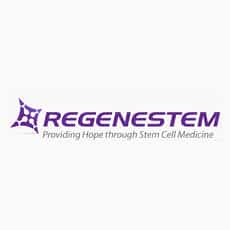
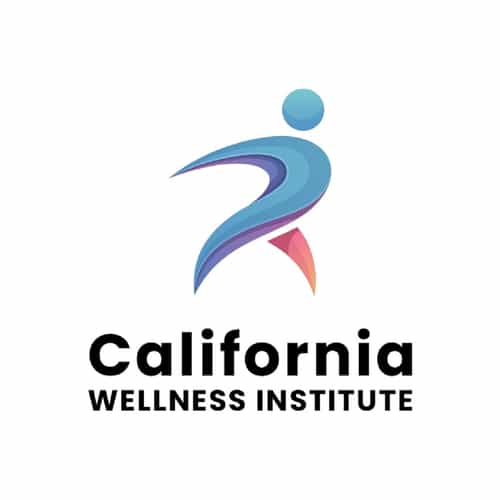
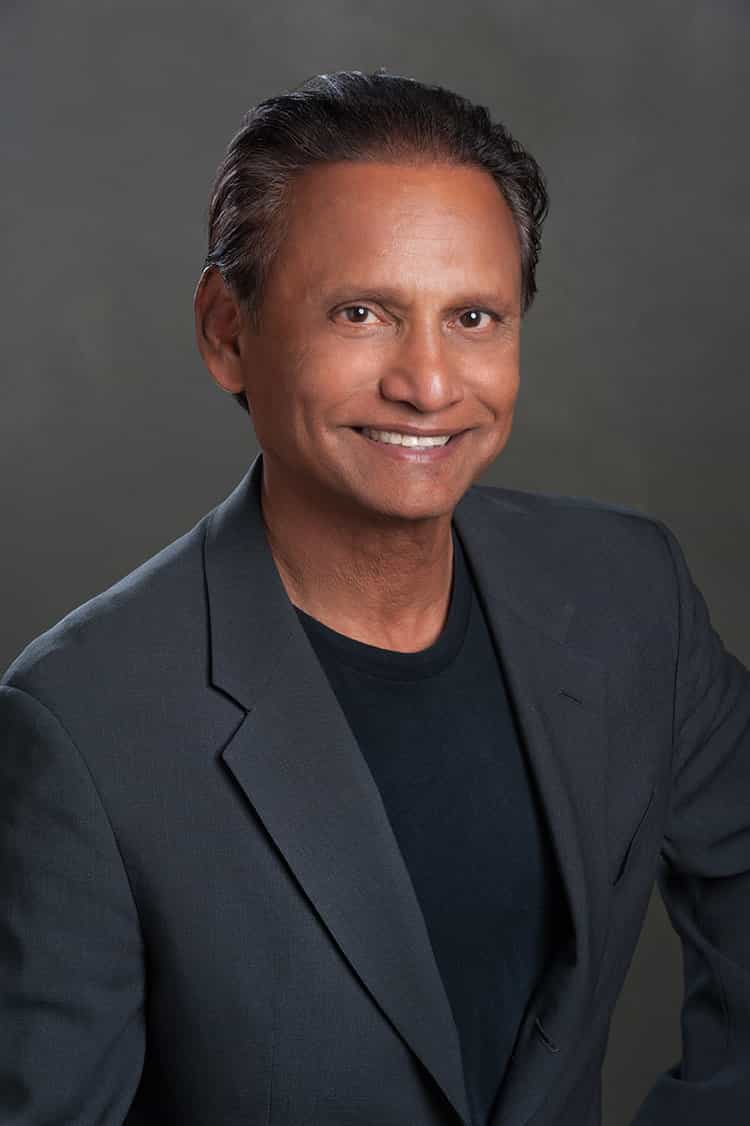
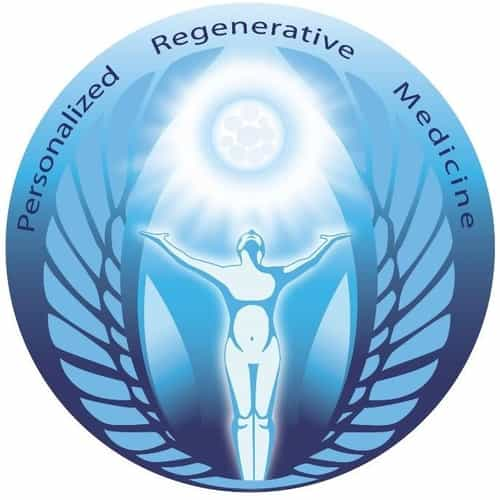
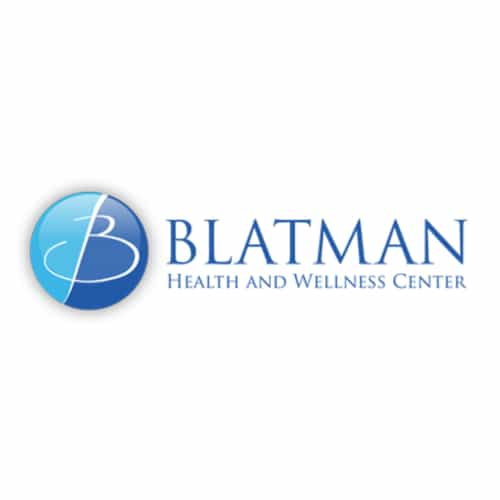
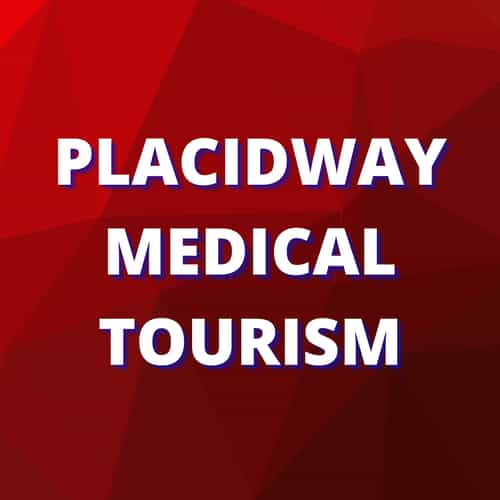
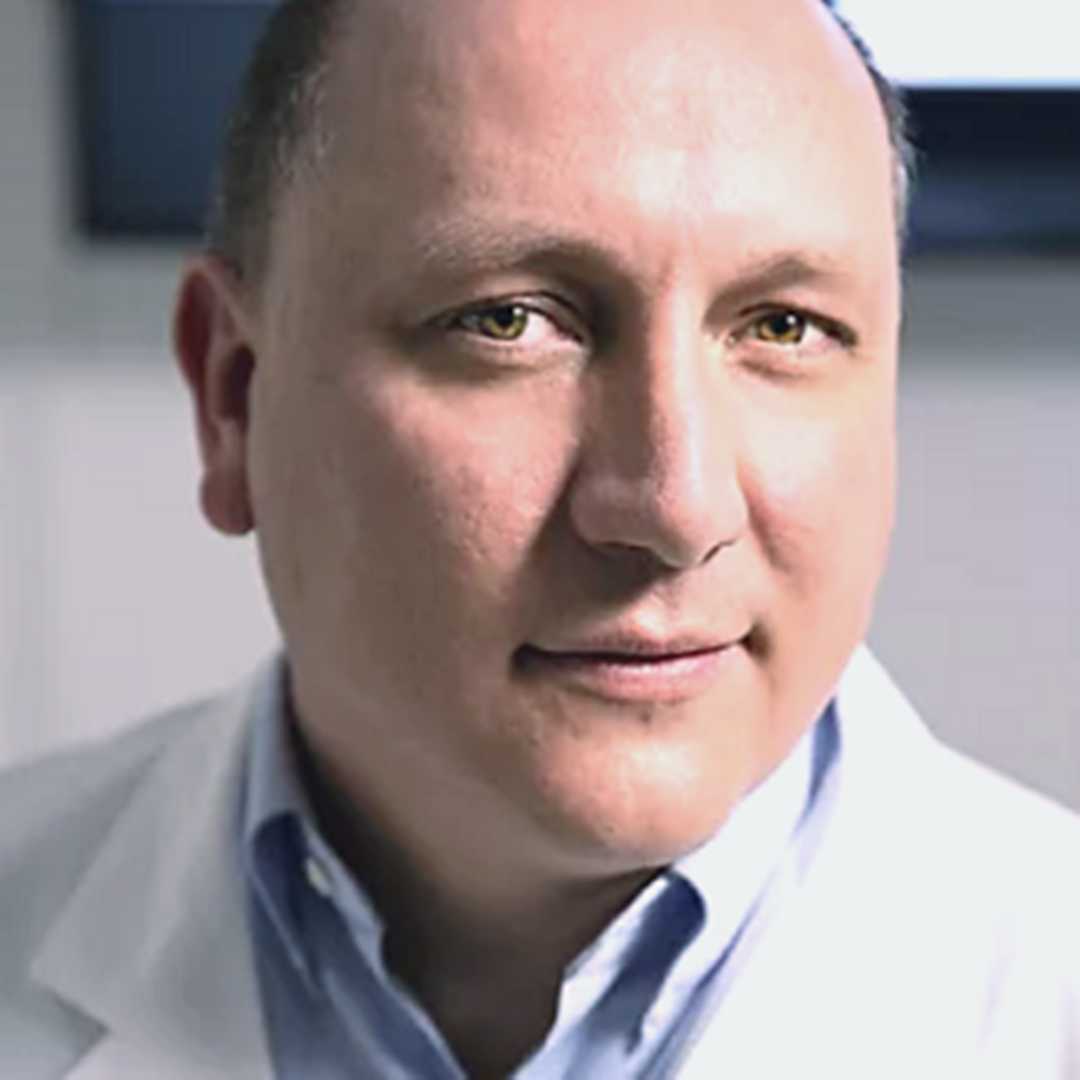
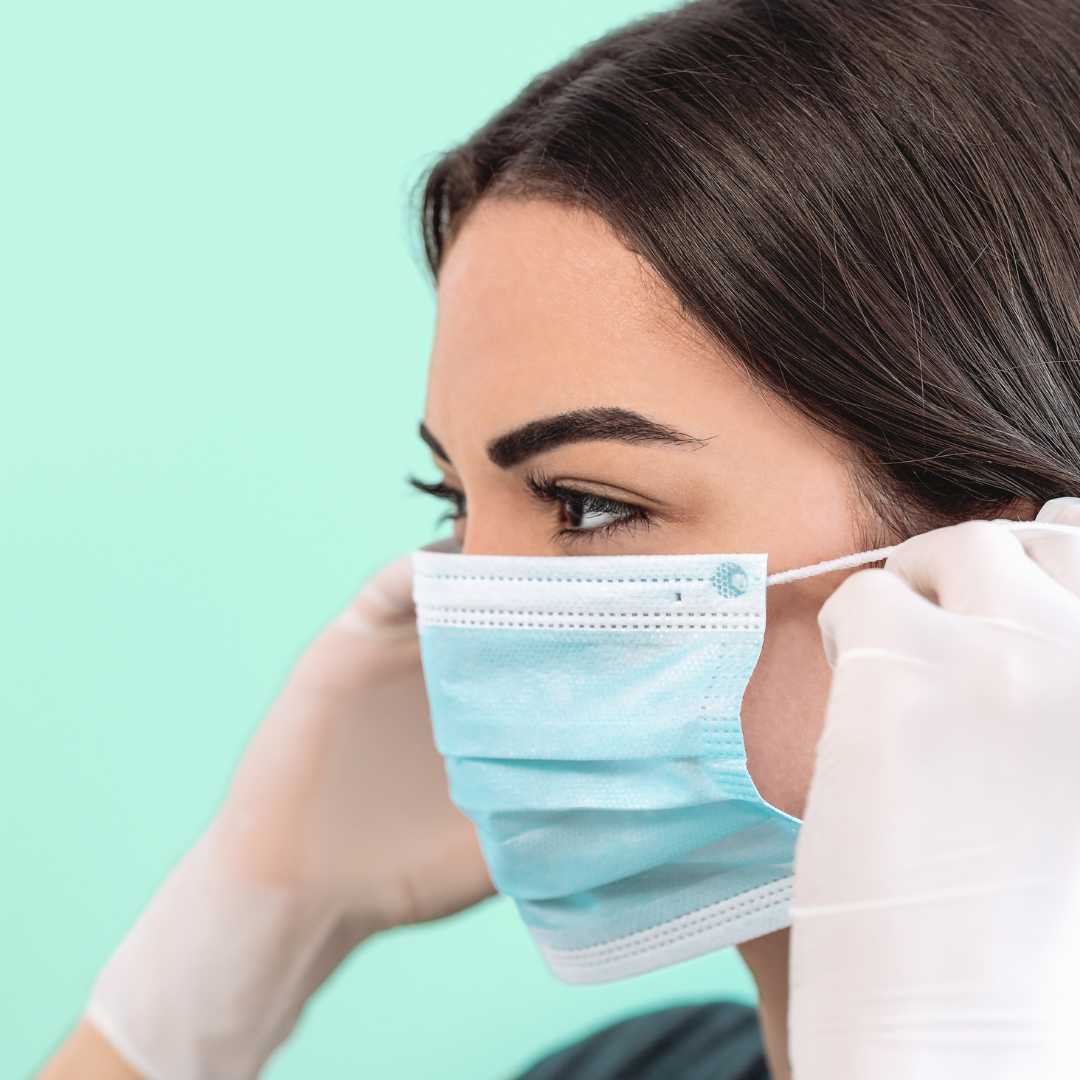
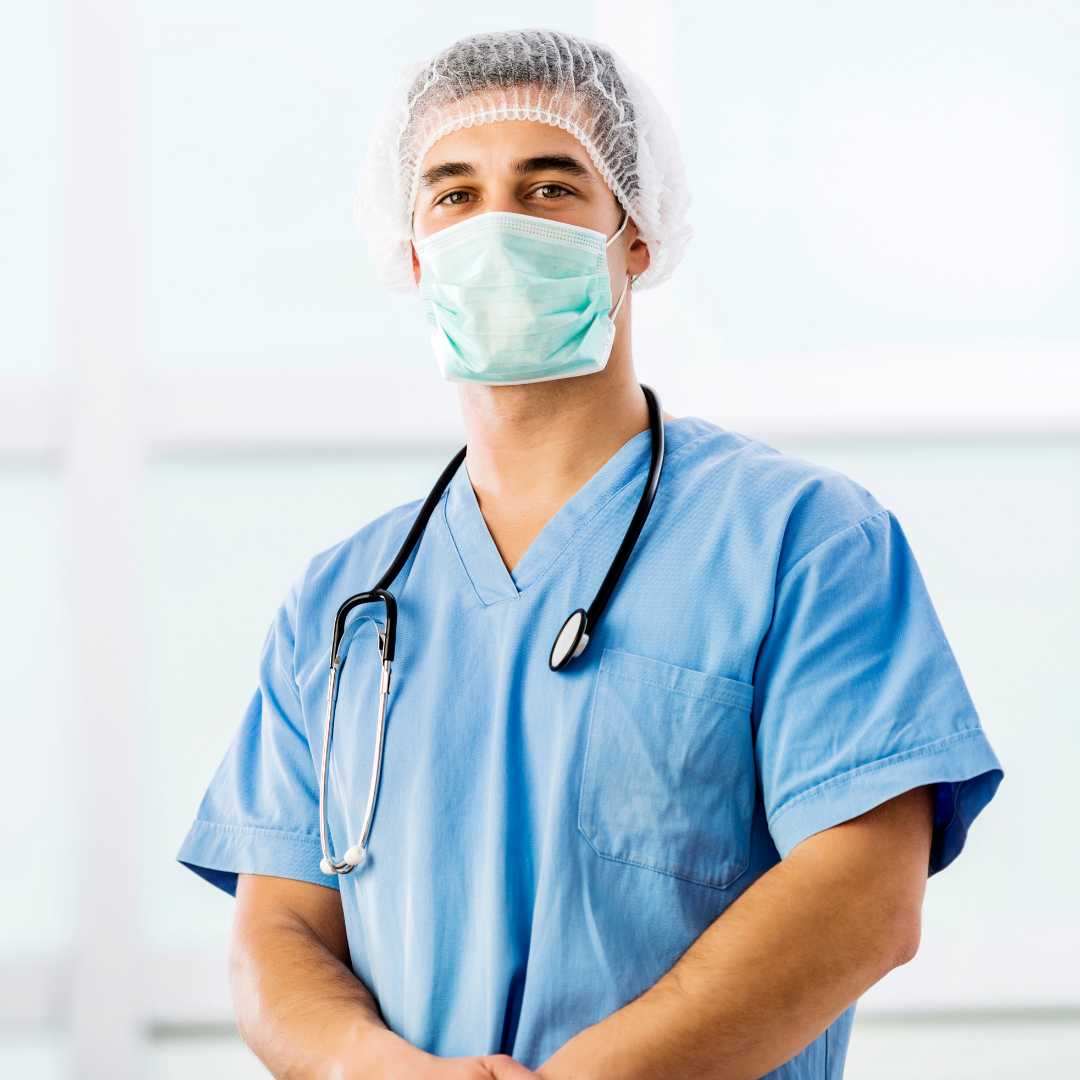
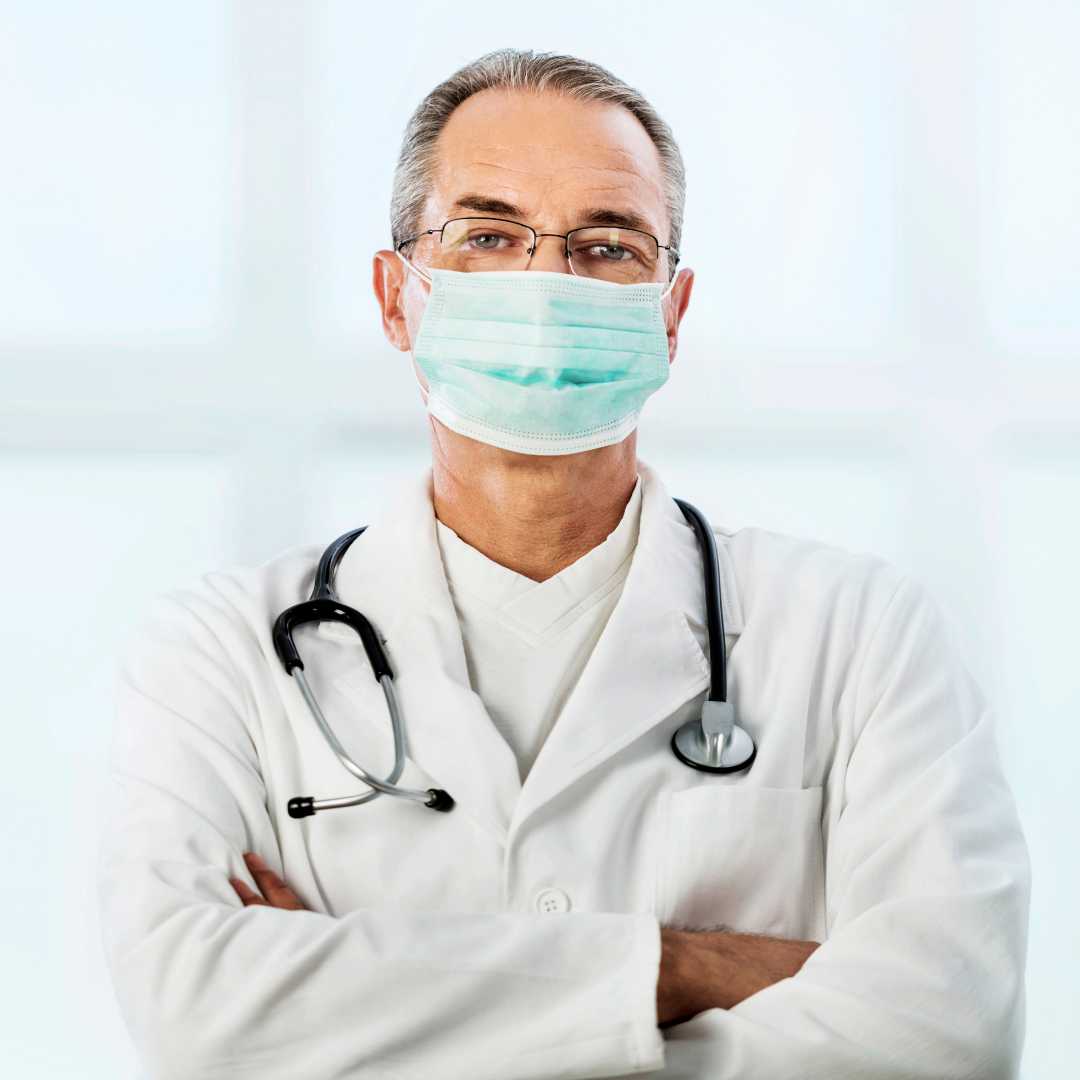

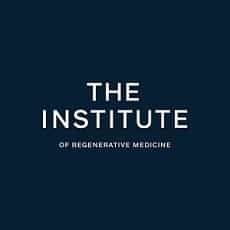
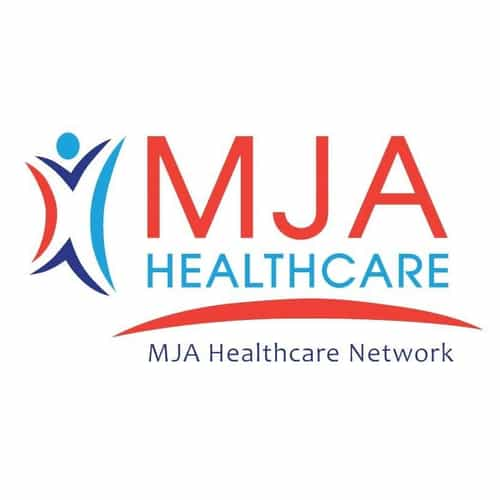
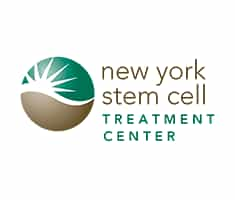
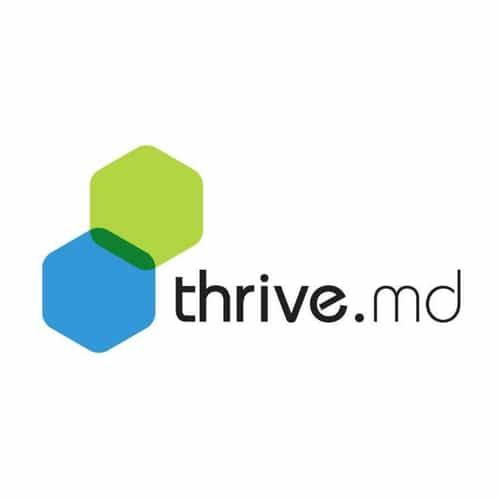
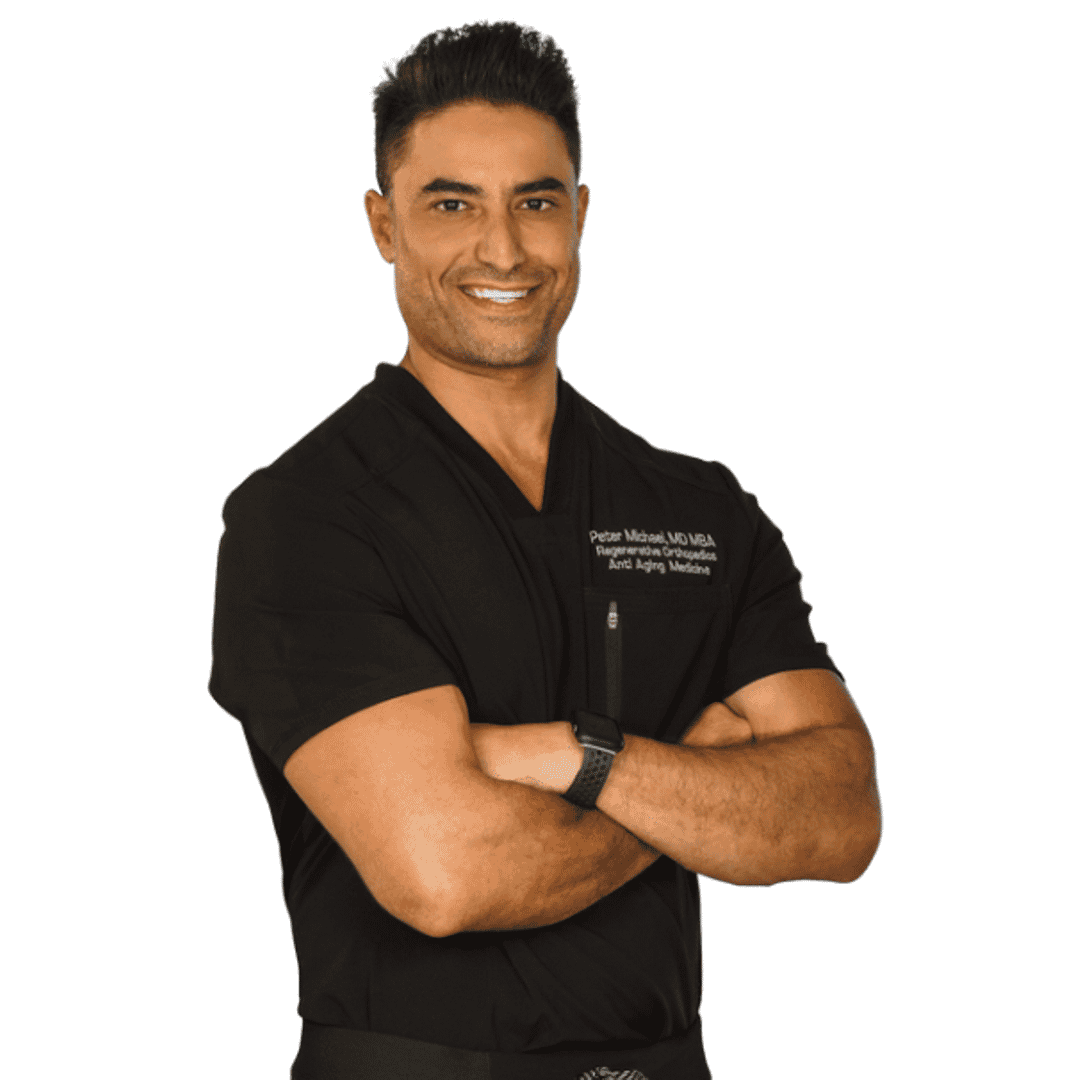
.png)




.png)
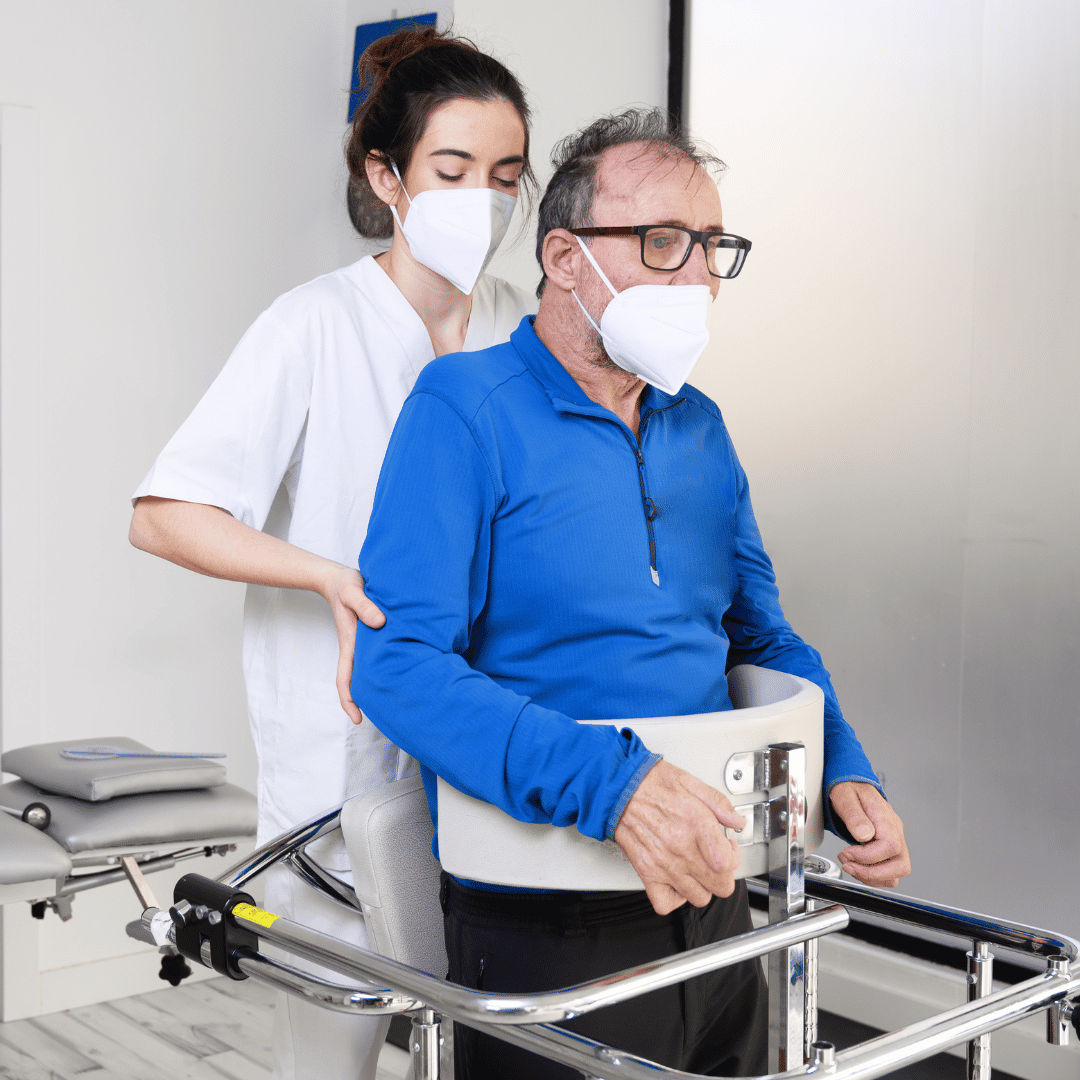
.png)

I just visited Regenestem office in Plantation, Florida and did an adipose stem cell procedure, peripheral blood stem cell, Ozone and IV vitamins treatment. It is a very clean safe place with excellent team who takes care of you. Everything was explained and all the questions answered. Dr. Stephen Channey is the best doctor I have ever met, he is very professional, caring and loving person. He does care about the patient and outcomes of the procedure. He knows what he is doing 100% and makes you feel at ease during the procedure. He answered all the questions during and after treatment and he has a great sense of humor so he makes you laugh! I would definitely recommend Regenestem to my friends and family. You will be in good hands! Ricardo and his team are the best!
Read More